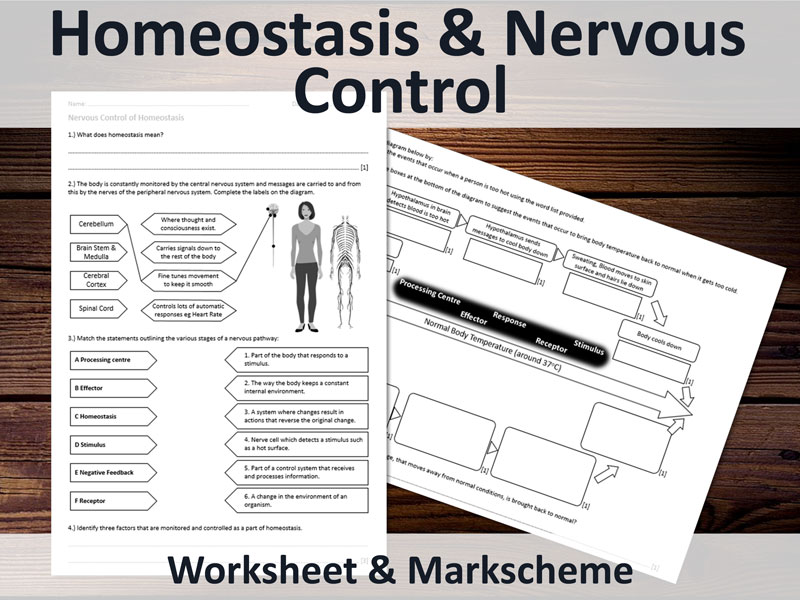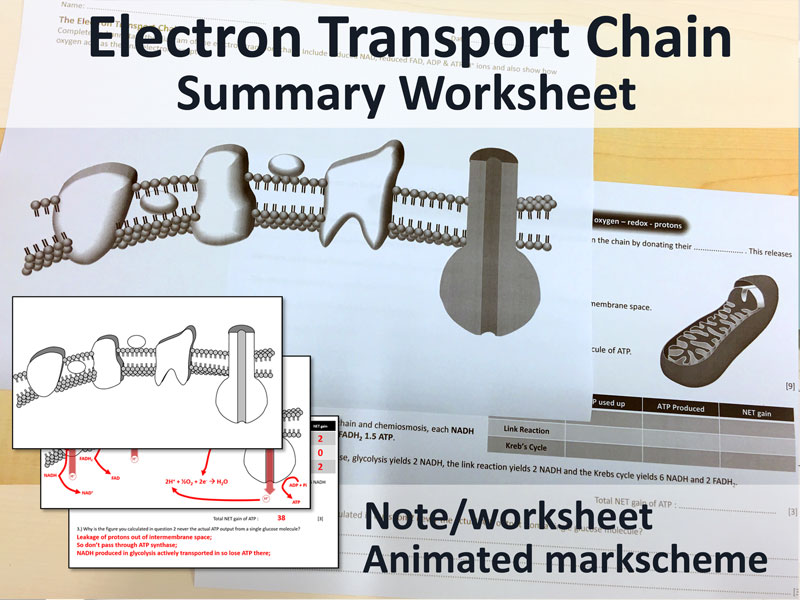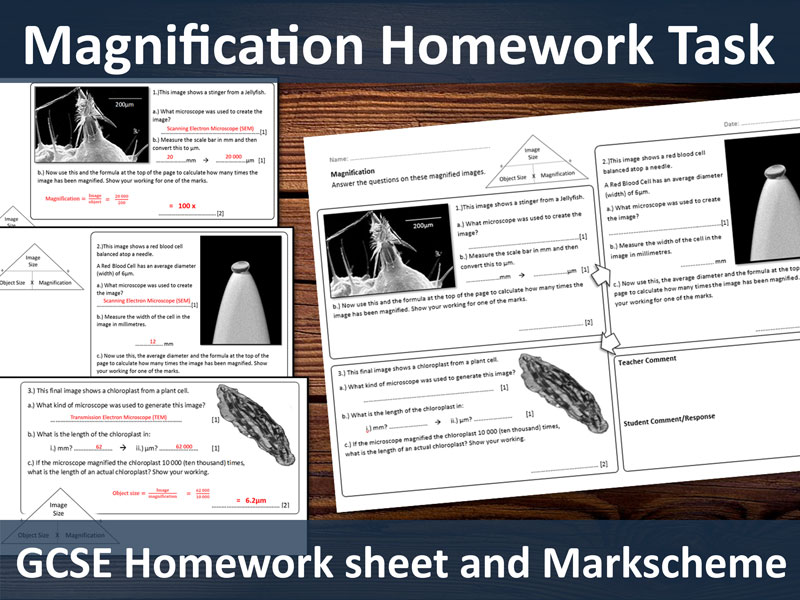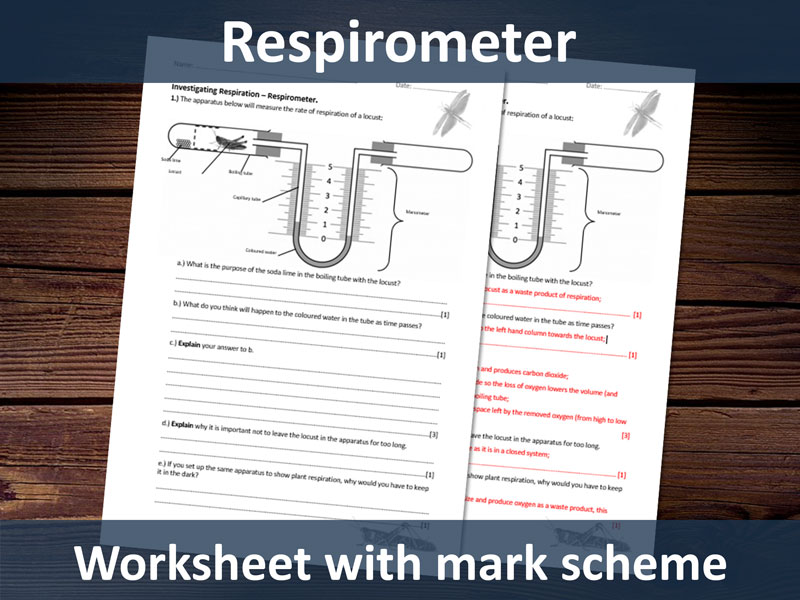Cad's Shop
I'm a teacher working in a leading secondary school and I have always enjoyed resourcing. I resource many of my lessons and these are always well received by my department so I thought I'd try to bring them to a larger audience. I have a firm belief that worksheets should combine aesthetics with functionality and pride myself on polished, well presented resources that scaffold without leading and encourage critical thinking from students.





















